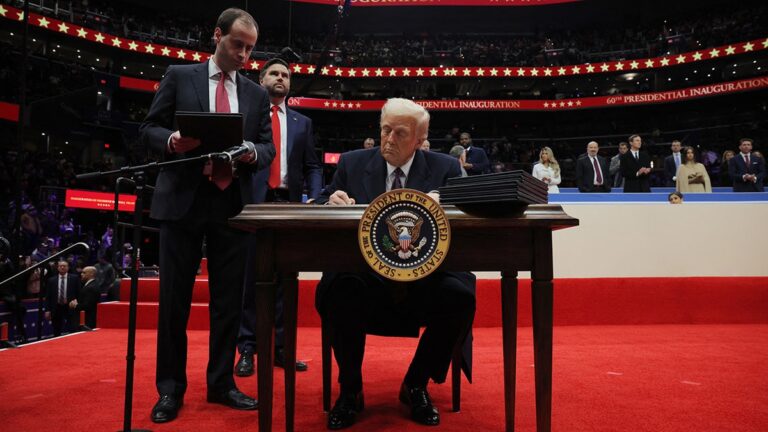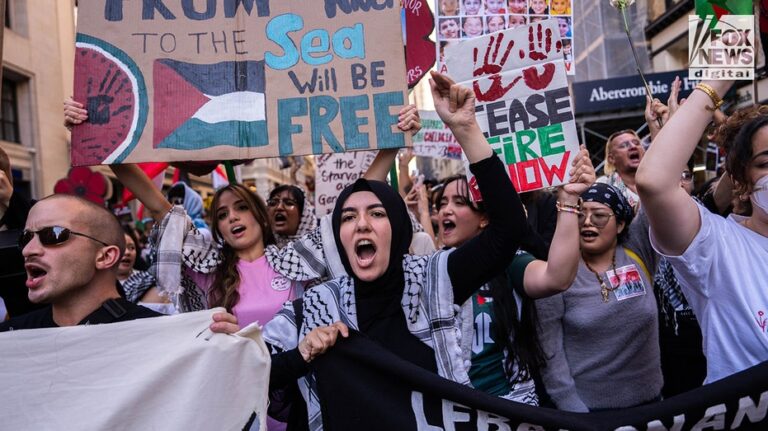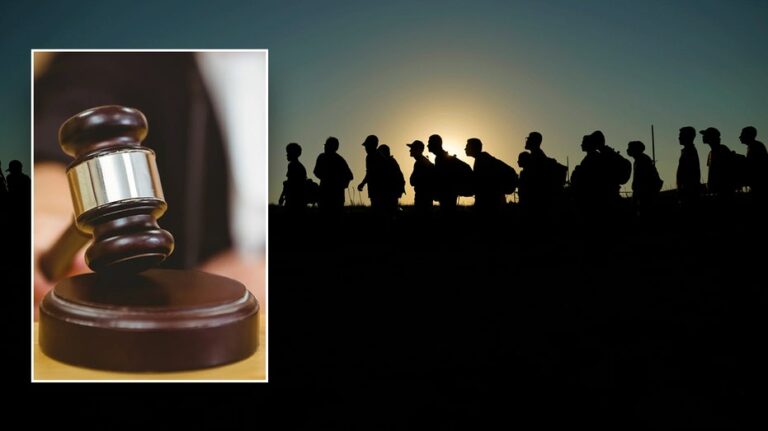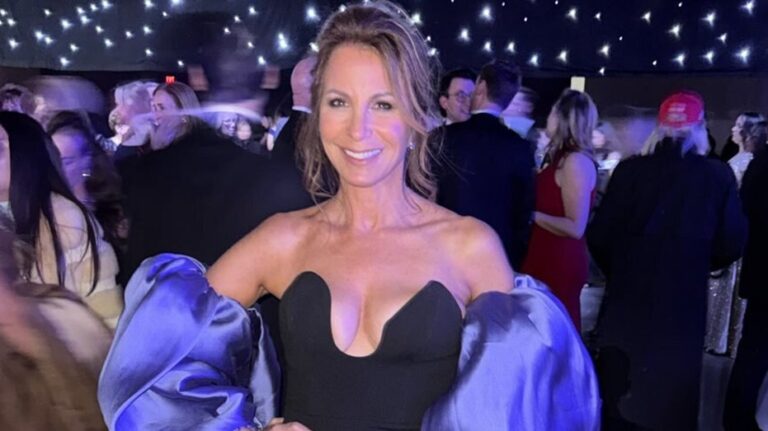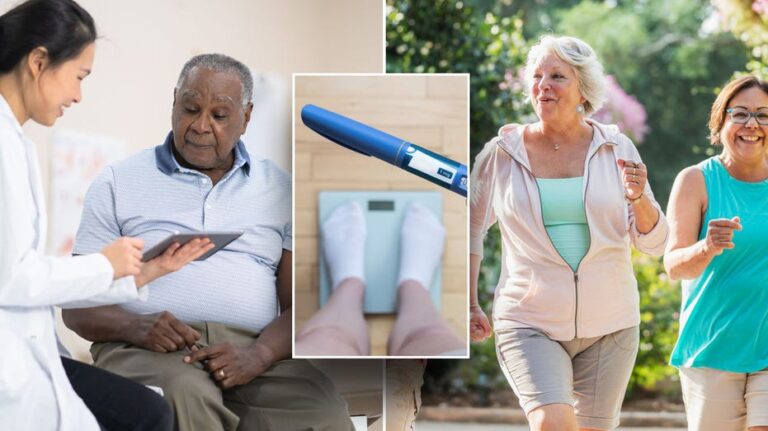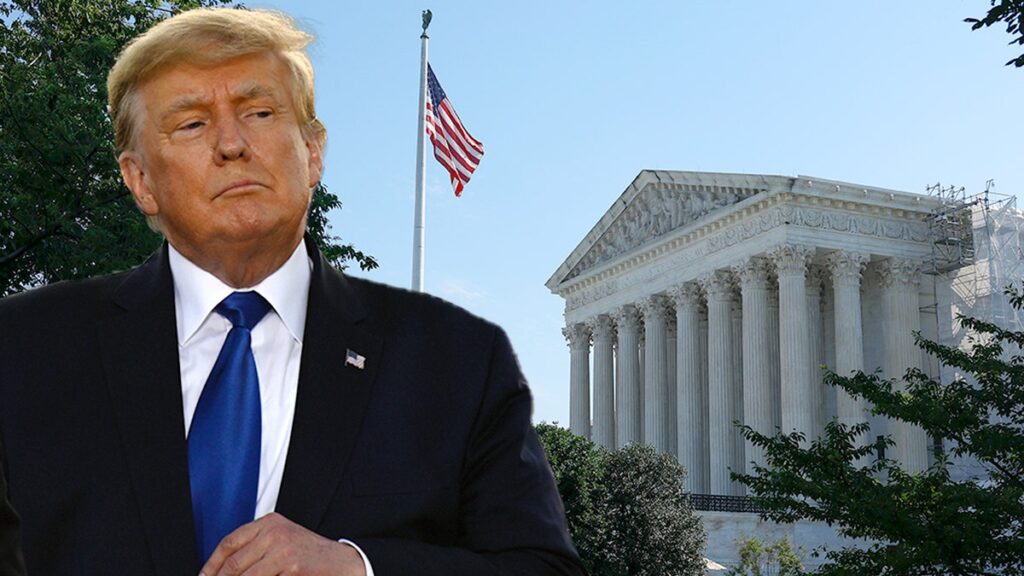
In a ruling last week, denying Trump’s post-trial motions and scheduling sentencing for Friday, Judge Merchan indicated that he would sentence Trump to an unconditional discharge.
A deeply divided Supreme Court has decided to permit New York to brand President-elect Trump as a convicted felon ten days before he enters the White House.
With Chief Justice John Roberts and Trump-appointed Justice Amy Coney Barrett joining the Court’s three progressives – Justices Sonia Sotomayor, Elena Kagan, and Ketanji Brown Jackson – the Court greenlighted New York State Judge Juan Merchan’s determination to sentence the president-elect at 9:30 a.m. Friday morning. The sentencing was triggered by a jury’s guilty verdicts in May on 34 counts of business-records falsification brought by Manhattan’s elected progressive Democratic district attorney, Alvin Bragg.
Four conservative justices – Clarence Thomas, Samuel Alito, and Trump appointees Neil Gorsuch and Brett Kavanaugh – indicated that they would have granted Trump’s petition to postpone sentencing.
SUPREME COURT DENIES TRUMP ATTEMPT TO STOP SENTENCING IN NEW YORK V. TRUMP
In a ruling last week, denying Trump’s post-trial motions and scheduling sentencing for Friday morning, Judge Merchan indicated that he would sentence Trump to an unconditional discharge – meaning no jail time, no probation, no fine, and no post-sentencing monitoring of any kind. Merchan also ruled that Trump would not need to attend the sentencing in person.
The president-elect has announced that he will not be in attendance at the courthouse in lower Manhattan on Friday. He will attend the sentencing remotely to minimize the burden the proceeding will place on the ongoing transition leading up to Inauguration Day on January 20.
The majority rationalized that Trump will not be meaningfully harmed by the sentencing, for two principal reasons. First, the Court did not rule on the merits of Trump’s contention that presidential immunity from criminal prosecution was violated by the district attorney’s introduction at trial of evidence of his official presidential acts. That is, Trump will still be able to raise on appeal his immunity claim, along with various other claims of significant error in the proceedings. The appeal cannot proceed until Trump is sentenced and the judgment is entered, so sentencing will clear the way for that process.
Second, the Court effectively locked Merchan into his stated inclination to give Trump a conditional discharge sentence. In theory, Merchan’s signaling of that intention (in a written opinion last week) was not binding – technically, a judge is not supposed to decide the sentence until hearing from the parties at the sentencing proceeding, which won’t happen until Friday morning.
CLICK HERE FOR MORE FOX NEWS OPINION
Nevertheless, the Supreme Court majority’s conclusion that the sentencing poses minimal burden on Trump’s presidential transition hinges on Merchan’s assurance that he was leaning toward a no-jail, no-probation sentence. If Merchan were to change his mind at this point and impose a term of incarceration, the High Court would regard it as a betrayal. Practically speaking, then, Merchan has no choice but to do what he indicated he would do.
The majority also relied on Merchan’s directive that Trump did not need to attend the sentencing in person, meaning the proceeding should be brief and minimally intrusive to Trump’s conduct of the presidential transition.
There is no dissenting opinion from the four conservative justices. Presumably, they concluded that the same considerations that induced the Court to recognize presidential immunity in its July opinion (in Trump v. United States) also supported immunity for presidents-elect – principally, the imperative that the president not be distracted by the anxiety and stigma attendant to criminal proceedings while executing his unparalleled constitutional responsibilities. In presidential transitions, as Congress has legislatively underscored, a president-elect is engaged in preparing to take on those responsibilities from the first hours of a new administration.
With the president-elect having exhausted his avenues to prevent the sentencing, it will proceed Friday morning. Like a number of analysts, I’ve opined that there are multiple grounds for reversing Trump’s convictions on appeal. The appellate process cannot begin until sentence is imposed.
